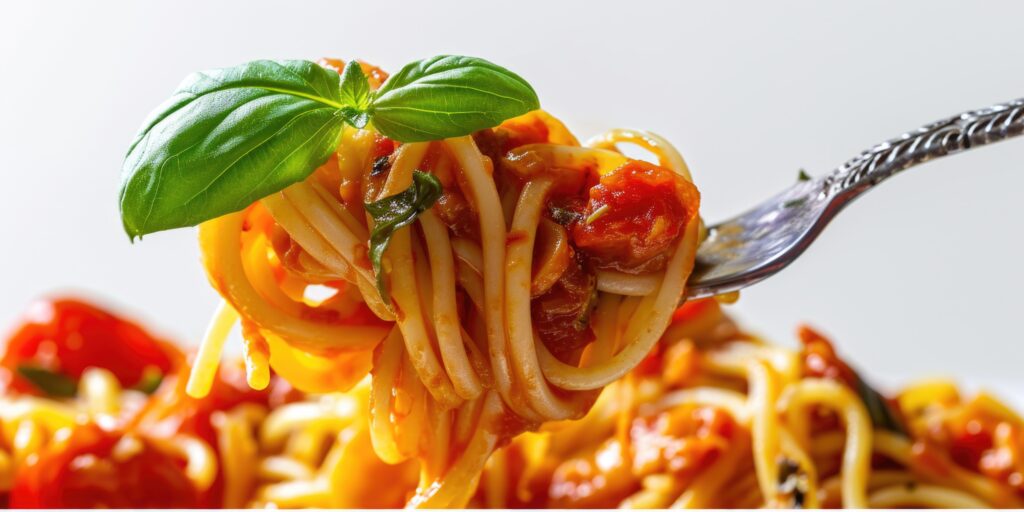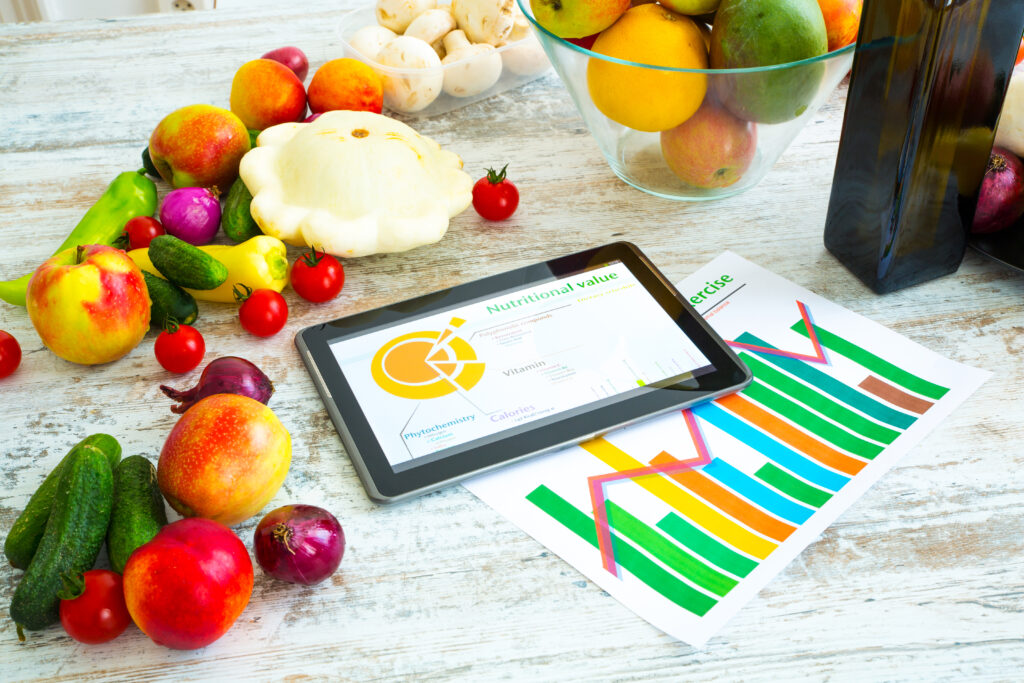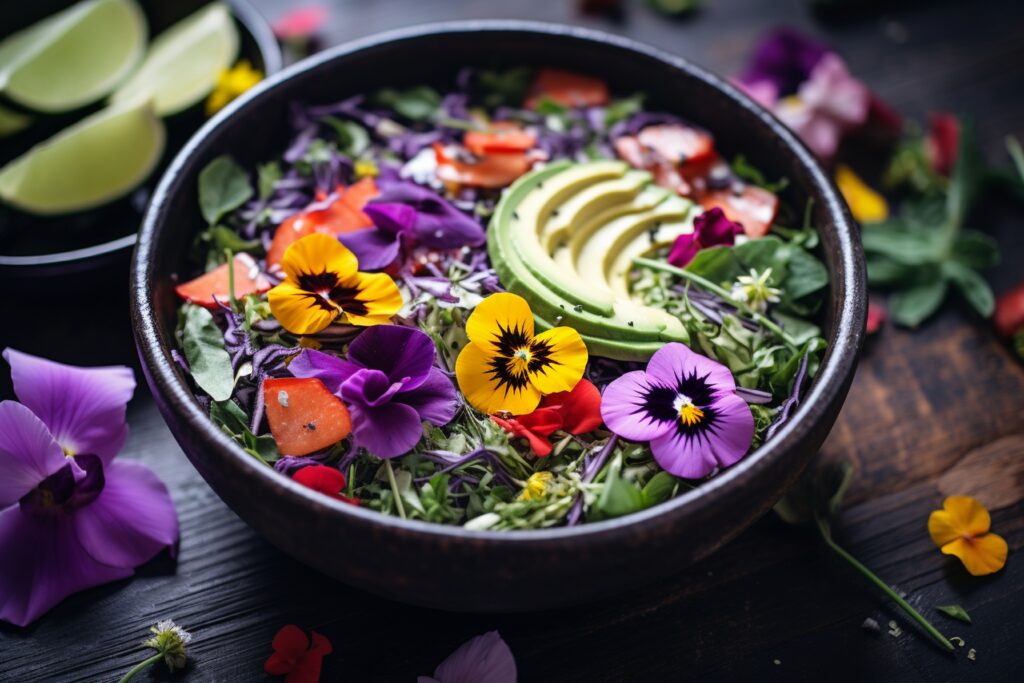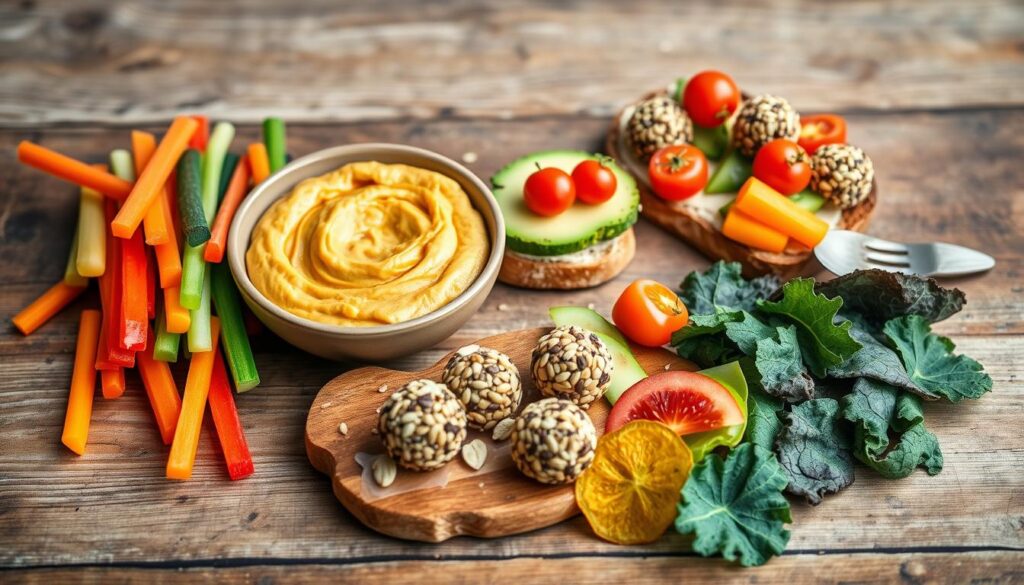Switching to a vegan diet can bring numerous health benefits. Still, suppose you’re feeling constantly tired or low on energy. In that case, it might indicate something missing from your nutrition or lifestyle. Many people experience fatigue on a plant-based diet, often due to nutrient deficiencies, calorie imbalances, or poor food choices.
In this guide, we’ll explore the main reasons you may feel exhausted on a vegan diet and provide practical solutions to help restore your energy levels.
Why You Might Be Feeling Tired on a Vegan Diet
If you’re struggling with low energy after going vegan, your diet may not provide enough calories, balanced macronutrients, or essential vitamins. Here are some common reasons for fatigue on a plant-based diet.
Not Eating Enough Calories
One of the biggest mistakes new vegans make is undereating. Whole plant foods like vegetables, fruits, and grains are often lower in calories than processed or animal-based foods. Fatigue will set in if you don’t consume enough calories to fuel your body.
Solution: Increase your portions and include more calorie-dense plant foods like avocados, nuts, seeds, legumes, and whole grains.
Relying Too Much on Processed Vegan Foods
Many packaged vegan foods are low in essential nutrients and high in unhealthy additives. If your diet consists mainly of vegan junk food, frozen meals, or refined grains, you may not get enough vitamins, minerals, and fiber to sustain energy.
Solution: Focus on whole, nutrient-dense foods like fresh fruits, vegetables, legumes, and whole grains instead of relying on processed options.
Eating Too Many Refined Carbs and Sugars
Vegan diets can sometimes include excess refined carbs (white bread, pasta, pastries) and added sugars. While these foods provide quick energy, they also cause blood sugar spikes followed by energy crashes.
Solution: Prioritize complex carbs such as quinoa, brown rice, oats, and legumes, which provide steady, long-lasting energy.
Common Nutrient Deficiencies That Cause Fatigue
Nutrient deficiencies are another leading cause of low energy consumption in a vegan diet. Without proper planning, certain vitamins and minerals can become more challenging to obtain from plant-based foods.
Vitamin B12 Deficiency
Vitamin B12 is essential for energy production and red blood cell formation, but it’s naturally found only in animal products. A B12 deficiency can lead to fatigue, brain fog, and weakness.
Solution: Take a vegan B12 supplement or eat fortified foods like nutritional yeast, plant-based milk, and breakfast cereals.
Low Iron Levels and Poor Absorption
Iron is crucial for oxygen transport in the blood, and low levels can result in anemia and fatigue. While many plant-based foods contain iron, they provide non-heme iron, which is harder for the body to absorb.
Solution: Eat iron-rich vegan foods such as lentils, chickpeas, tofu, spinach, and pumpkin seeds. Pair them with vitamin C-rich foods (like citrus fruits and bell peppers) to boost iron absorption.
Lack of Vitamin C and Its Role in Iron Absorption
Vitamin C helps increase iron absorption, preventing iron deficiency. If you’re eating plenty of plant-based iron sources but not enough vitamin C, your body may struggle to absorb iron efficiently.
Solution: Add lemons, oranges, strawberries, and bell peppers to meals to maximize iron intake.
Vitamin D and Iodine Deficiencies
Vitamin D and iodine play essential roles in energy metabolism and thyroid function. Many plant-based eaters lack adequate sun exposure (for vitamin D) or iodine-rich foods.
Solution: Take a vegan vitamin D supplement, including iodine-rich foods like seaweed or iodized salt.
Lifestyle Factors That Contribute to Fatigue
Beyond diet, certain lifestyle habits can also contribute to chronic tiredness.
Not Getting Enough Sleep
Lack of sleep is a significant cause of low energy and sluggishness. If your body isn’t well-rested, no amount of healthy eating will compensate.
Solution: Aim for seven to nine hours of quality sleep per night, and create a relaxing bedtime routine.
Overexercising Without Proper Recovery
Intense exercise without proper recovery and nutrition can lead to burnout and extreme fatigue.
Solution: Balance exercise with rest days and post-workout nutrition, including protein and healthy fats.
Not Fueling Properly for Workouts
Your body needs sufficient fuel to sustain energy levels if you’re active. Workouts can leave you feeling drained without enough carbs, protein, and fats.
Solution: Eat a pre-workout meal with complex carbs and protein, and refuel with a post-workout snack containing healthy fats, protein, and fiber.
How to Increase Energy Levels on a Vegan Diet
A well-planned plant-based diet should be nutrient-dense and balanced to maintain optimal energy levels.
Eating a Whole-Foods, Balanced Vegan Diet
A diet based on whole, minimally processed foods ensures stable energy levels throughout the day.
Solution: Focus on fresh vegetables, whole grains, legumes, nuts, and seeds, and avoid highly processed vegan junk food.
Ensuring Proper Macronutrient Intake (Protein, Fats, and Fiber)
- Protein: Eat various beans, lentils, quinoa, and tofu.
- Healthy Fats: Include avocados, nuts, seeds, and olive oil.
- Fiber: Opt for whole grains, vegetables, and fruits to support digestion and sustained energy.
Supplementing Key Nutrients If Necessary
If you struggle to get enough nutrients from food alone, supplements can help prevent deficiencies.
Solution: Consider taking a vegan multivitamin with B12, iron, vitamin D, and omega-3s.
Frequently Asked Questions
How Can I Make Sure I’m Eating Enough?
To ensure you’re consuming enough calories, track your intake using apps like Cronometer or MyFitnessPal. Prioritize calorie-dense plant foods such as avocados, nuts, seeds, whole grains, and legumes. Eating balanced meals with protein, healthy fats, and complex carbohydrates will help maintain energy levels and prevent unintentional weight loss.
What Are the Best Vegan Sources of Iron?
Excellent plant-based iron sources include lentils, chickpeas, tofu, spinach, quinoa, pumpkin seeds, and fortified cereals. Since non-heme iron from plants is less absorbable, pair iron-rich foods with vitamin C sources like citrus fruits, bell peppers, or strawberries to enhance absorption. Avoid consuming tea or coffee with meals, as they can inhibit iron absorption.
Do I Need to Take a B12 Supplement?
Yes, vitamin B12 is crucial for red blood cell formation and neurological function, but it’s not naturally found in plant-based foods. Vegans should take a B12 supplement or consume fortified foods like nutritional yeast, plant-based milks, and breakfast cereals to prevent deficiency-related issues such as fatigue and nerve damage.
How Can I Tell If My Fatigue Is Due to a Medical Condition?
If fatigue persists despite a balanced diet and sufficient rest, consult a doctor for blood tests. Deficiencies in iron, B12, vitamin D, or thyroid function issues could be contributing factors. Chronic stress, sleep disorders, or underlying health conditions should also be ruled out to determine the root cause of persistent exhaustion.
Can a Vegan Diet Provide Enough Energy for Active Lifestyles?
Yes, a well-planned vegan diet can support active lifestyles. Focus on eating balanced meals with adequate protein (legumes, tofu, tempeh), complex carbohydrates (whole grains, starchy vegetables), and healthy fats (avocados, nuts, seeds). Staying hydrated and timing nutrient intake around workouts can further optimize energy levels and athletic performance.





